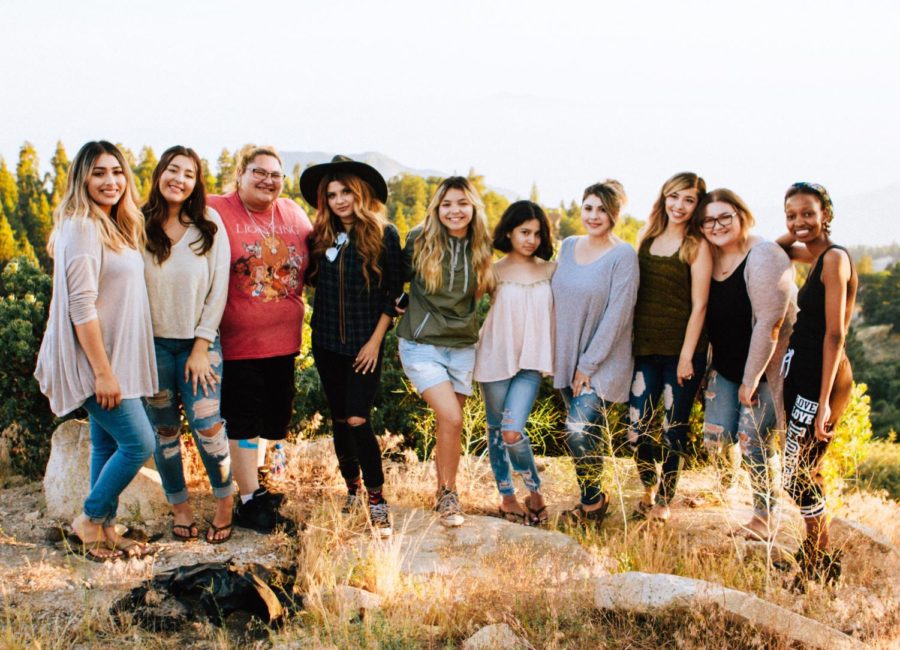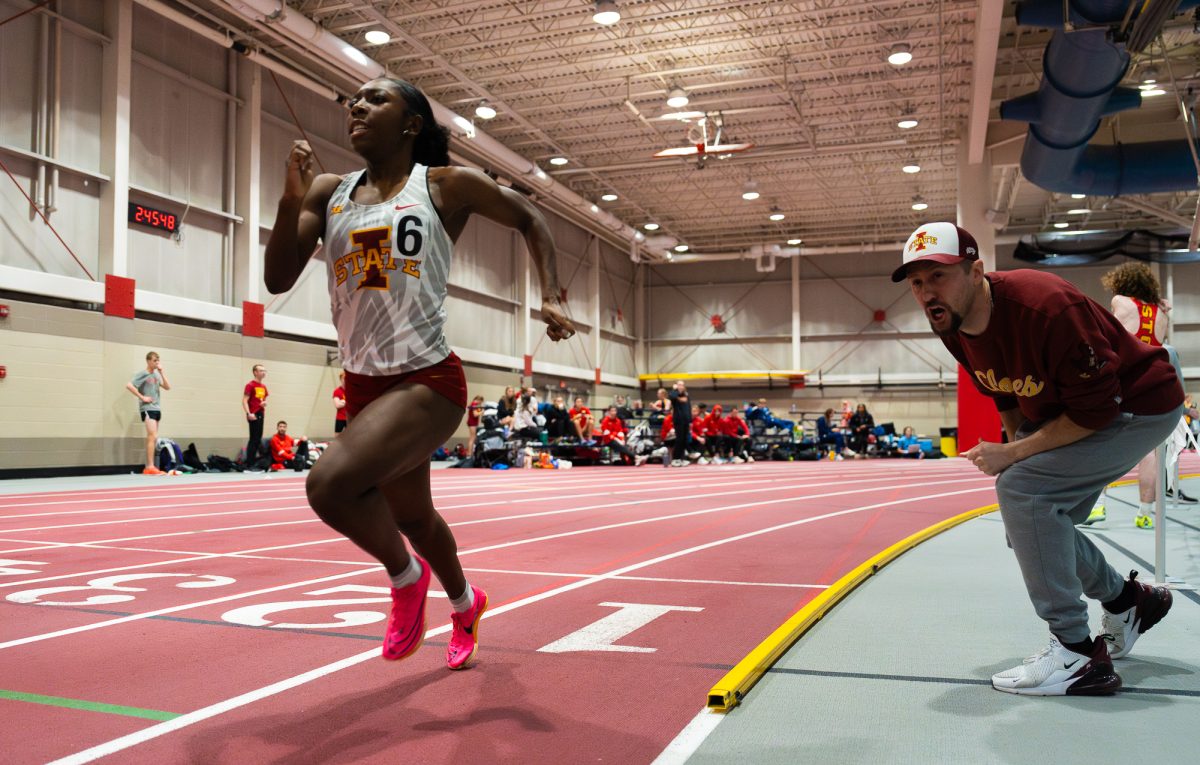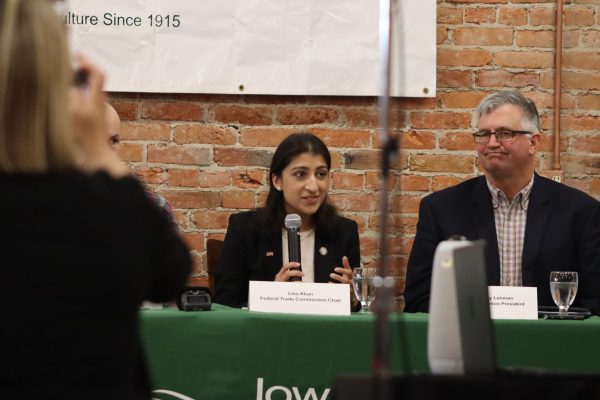The term “womxn” focuses on bringing all women together
The term, “Womyn” was created for women in the feminist movement who wanted to avoid male dominance in the suffix “-men” As years went by, the term that is most commonly used today is “Womxn” which is similar to “Womyn” but the emphasis on the “x” makes it more inclusive towards people who do not identify with the gender binary.
January 23, 2020
From “Women” to “Womyn” and now “Womxn”, the feminist movement has changed over time on how they want to be inclusive toward all different groups of women. “Womxn” is the new term for females of all identities.
Words that have been changed to step out of the norm and become the representation of marginalized groups in society usually have an “x”. Such as Latinx and Chicanx, what they have in common is that they have a pronunciation that is not most common.
“‘I’ve heard womxn pronounced in lots of different ways. I’ve heard some pronounce it ‘wo-minx,”” said Clara Bradbury-Rance, an author and an early career fellow in liberal arts at King’s College London, in an interview with BBC.
This term was used in the early 1970s, but has gradually made its way to be the popular word to define women who are underrepresented. “Womxn” is an example of how the fourth wave of feminism is affecting society today.
The term, “Womyn” was created for women in the feminist movement who wanted to avoid male dominance in the suffix “-men” As years went by, the term that is most commonly used today is “Womxn” which is simlar to “Womyn” but the emphasis on the “x” makes it more inclusive towards people who do not identify with the gender binary.
“So there’s a lot of history and meaning by that term, and to me, specifically, it means that we’ve taken gender binary based language, so women and men gender binary base, and we added a visual that says that this is pushing the boundaries, that it’s creating more space for folks that may not identify within that gender binary or women or men feel like it also creates space,” said Andra Castle, the assistant director for the Margaret Sloss Center for Women and Gender Equity.
This new term for women has impacted how society sees its individuals that expresses they are who they are. It opens up the conversation of how people choose to identify themselves. People can feel more comfortable being who they are when they have the opportunity.
“But when you see it, whether it’s on like an event or poster or an article and write a book, it’s creating this visual interruption and so I think that the most profound effect for me to use this word is it’s one of the tools that I have to help create space for people, so that an individual regardless of how they identify can find space,” Castle said.
Even though the word is used to create equality for race and gender, the term is not inclusive towards everyone. Some people are okay with being called a “woman” and feel like “womxn” is creating more controversy.
According to the Guardian, “The Twitter user Sam Baxter asked: “Who exactly is this meant to include? Trans women call themselves women, non-binary people don’t call themselves women at all. As far as I know, the word ‘women’ has always included women of colour. Correct me if I’m wrong.”
No matter a person’s view, everyone has a choice on what they want to be called. “Womxn” is meant for people who feel like the word “woman” is not inclusive enough for them but both words can still be used, it’s just opening new opportunities for people to express themselves in a different way.
“We don’t really understand its full impact until we look back and see kind of the long term,” Castle said. “Because feminism is not, you know, completely isolated from the world around us it’s, it’s people’s lives. It’s people’s thoughts it’s people’s feelings and so for me, intersectionality is huge.”

















